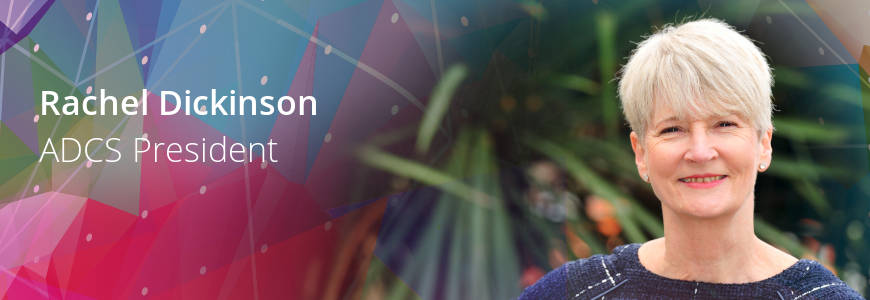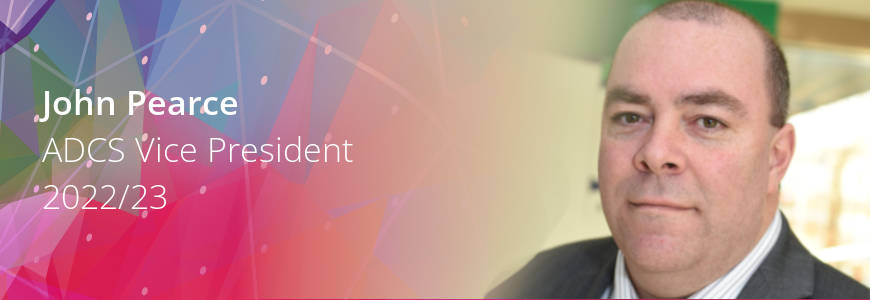The importance of an early start

The first 1000 days of life, from conception to age two, is a critical phase of a child’s development. The greatest opportunities to make a real and tangible difference to children’s outcomes occur when they are very young too. Growing up experiencing material hardship such as food insecurity and poor-quality housing can have a lifelong impact on health and development. Babies born into poverty are more likely to have a low birth weight and by the age of three, poorer children are on average nine months behind in development terms than their wealthier peers.
All recent governments have focussed on early years policy with twin objectives of giving children a better start in life whilst supporting and increasing the number of working families. Total spending on the early years has risen significantly over the last three decades according to the Institute for Fiscal Studies, and investment in the expansion of 30 hours ‘free’ childcare (including for households earning up to £199,000 a year) is set to reach £6 billion per year in 2020. Despite this level of investment, there are still concerns in the childcare sector about underfunding, some providers are closing or being forced to ask parents to pay for meals, nappies and trips to meet shortfalls and concerns remain about the quality of provision.
This year, I was pleased to see multiple select committees focus their attention on the early years, reports from the health and social care, science and technology and education select committees each reinforced the need for a clear policy direction via the development of a national strategy.
What would I like to see in terms of future early years policy? Above all else, improving the life chances of children must be at the heart of all policy decisions. The need to think and act differently in order to mitigate against the risks of longer term challenges and rising inequalities is more pressing than ever. We must target available funding towards the most socially and economically disadvantaged in order to affect generational change, investing in the early years workforce is a must too.
The benefits of getting it right during the early stages of a child’s life are immeasurable. Unless we invest properly in parenting and early years education whilst also addressing the root causes of poverty, we will face huge social, financial and human costs. Good quality, reliable child care is part, but no means the only component of a plan.
Rachel Dickinson is Executive Director People at Barnsley Metropolitan Borough Council and ADCS President 2019/20.
This column was first published on the MJ website on 11 December. | Link
Related Articles
North West Children’s Improvement Board - Integrated Early Help Strategy
In General Early Help
ADCS President speech to CYP Now Early Help conference
In General Early Help
ADCS President Steve Crocker said: “The investment in Family Hubs is a...
In General Early Help
Commenting on the NCB’s report on early help, Sara Tough, Chair of the ADCS...
In General Early Help
At the time of writing, a Conservative leadership contest is underway, and we...
In General Early Help
The government recently published The best start for life: a vision for the...
In General Early Help
Commenting on The best start for life: a vision for the 1,001 critical days,...
In General Early Help
Helen Lincoln, Chair of the Families, Communities & Young People Policy...
In General Early Help
The best chance for us to make the biggest difference in children’s lives is...
In General Early Help
A fresh crop of ministers are getting to grips with their brief, including a new...
In General Early Help
Commenting on the launch of the next phase of the Supporting Families programme,...







